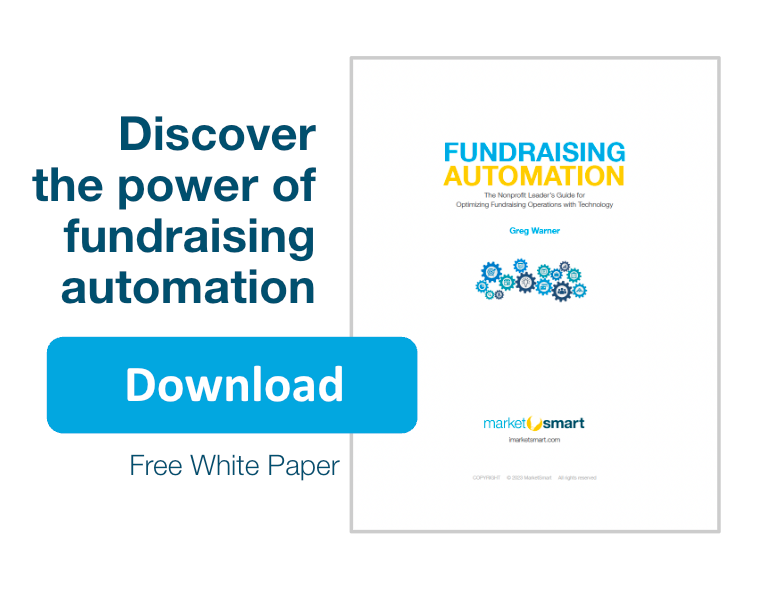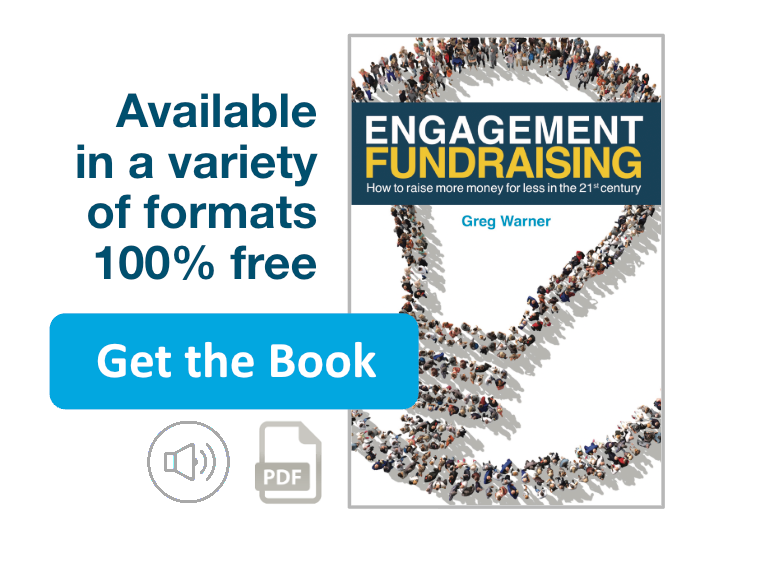Over the last decade, I’ve had the privilege of learning from Bill Crouch, the founder of BrightDot and a fundraising expert with decades of experience. One thing Bill has impressed on me time and again is this: emotional intelligence (EQ) isn’t just a buzzword—it’s the secret sauce that separates good fundraisers from those who close transformational gifts. His insights have influenced not only how I approach donor relationships but also how I conduct business overall. And one of the most effective techniques he’s ever shared with me is surprisingly simple:
“Ask someone, ‘What was your favorite toy growing up?’”
I’ll admit, the first time I heard this advice, I was skeptical. Asking about childhood toys in a donor meeting felt, well… unconventional. But as Bill explained—and as I’ve seen firsthand—it taps into some fundamental truths about emotional intelligence and relationships. Let’s dive into how emotional intelligence can transform your fundraising efforts and why this playful question works wonders.
Emotional Intelligence: A Fundraiser’s Competitive Edge
Bill teaches that fundraising is, at its core, a relationship business. It’s about understanding the “why” that motivates people to give—their values, passions, and desires. That’s where emotional intelligence comes in. EQ is the ability to recognize, understand, and influence emotions—both yours and others’. Fundraisers who cultivate EQ naturally build authentic relationships that lead to sustainable support and larger gifts.
Psychologist Daniel Goleman popularized EQ with five key components, but the three that matter most for fundraisers are:
- Self-Awareness: Knowing your emotional triggers and staying composed during high-stakes conversations.
- Empathy: Understanding what motivates donors and meeting them where they are emotionally.
- Relationship Management: Building trust over time and nurturing connections for the long haul.
According to Bill, “Fundraising isn’t just about asking for money—it’s about connecting with people’s stories.” This shift—from transactional asks to genuine relationships—is what makes a fundraiser exceptional. And this is where something as seemingly quirky as the toy question comes into play.
The Magic Behind “What Was Your Favorite Toy?”
At first glance, asking about someone’s favorite childhood toy might seem frivolous. But Bill insists that this question works because it taps into fundamental human emotions. Here’s why it’s so effective:
1. It Sparks Positive Emotions and Nostalgia
Nostalgia triggers warm memories, instantly boosting mood and fostering connection. When someone recalls a cherished childhood toy, they feel good—and they associate those feelings with you. Whether it’s a Lego set or a stuffed animal, reminiscing opens people up emotionally, making them more receptive to meaningful conversations.
2. It Creates a Personal Connection
This question skips over small talk and goes straight to something personal. It signals, “I care about who you are, not just what you can do for me.” This aligns perfectly with Bill’s philosophy: The best fundraisers don’t focus on transactions—they focus on relationships.
3. It Lowers Defenses
Meeting someone new—especially a prospective donor—can feel awkward. People naturally guard themselves. But a playful question about childhood toys disarms those defenses. Suddenly, the conversation becomes lighthearted, paving the way for more meaningful dialogue about what they care about most.
4. It Offers Insights into Personality and Interests
Bill points out that the answer to this question often reveals more than you’d expect. Someone who loved puzzles might enjoy problem-solving challenges, while a person with a passion for dolls might gravitate toward community-focused causes. These insights give fundraisers conversational cues to guide the discussion toward areas of shared interest.
Real-Life Example: How EQ Led to a Transformational Gift
Bill once shared a story that perfectly captures the power of emotional intelligence in fundraising. It comes from a letter written by a wealthy major donor who reflected on their first meeting with Bill.
The donor, who had owned a successful sales company, described the interaction as one of genuine curiosity and connection. Bill didn’t dive into business right away. Instead, he asked a simple, unexpected question: “What was your favorite toy as a child?” When the donor answered with “an erector set,” Bill followed up by asking, “Why?”
The donor wrote, “That interaction brought back a flood of pleasant memories and stories… it immediately created a bond of friendship with you.”
But what truly made an impression was what happened afterward. A few weeks later, Bill sent the donor a package. Inside was the exact erector set the donor had loved as a child. As the donor explained in the letter, “Of course, this was a WOW experience for me. But the result of that effort compounded that bond. Today, I will always take a call from Bill Crouch, and I will do it with excitement.”
This wasn’t about making a polished pitch. It was about building a personal connection that left a lasting impact—and, ultimately, led to a transformational gift.
What Nonprofit Leaders Can Learn from Bill Crouch
The lesson here is simple but profound: Fundraising isn’t about chasing dollars—it’s about understanding people. The best fundraisers are the ones who take the time to build trust, uncover what motivates donors, and align their mission with the donor’s values. Developing emotional intelligence is a skill worth mastering, whether you’re meeting with a donor, a business partner, or a colleague.
If you’re leading a nonprofit, encourage your team to focus less on making asks and more on building relationships. Teach them to listen, empathize, and connect with donors on a personal level. When fundraisers genuinely care about people and their stories, the gifts will follow naturally.
Final Thoughts
One of the most important things I’ve learned from Bill Crouch is that emotional intelligence is the key to meaningful connections. Whether in fundraising or business, success is about more than strategy—it’s about people.
So, next time you’re meeting with a donor, business associate, or even a new friend, try asking them: “What was your favorite toy growing up?” You might be surprised at the stories you uncover—and where those conversations could lead.
Related Posts:
- The 6 Core Elements of a Well-Told, Well-Executed Donor Fundraising Story
- Quality vs. Quantity: Which is better for selecting fundraising prospects?
- 4 Ways Your Assumptions about Major Donors Are Hurting Your Fundraising
- Major Donor Retention – What’s Holding It Back?




